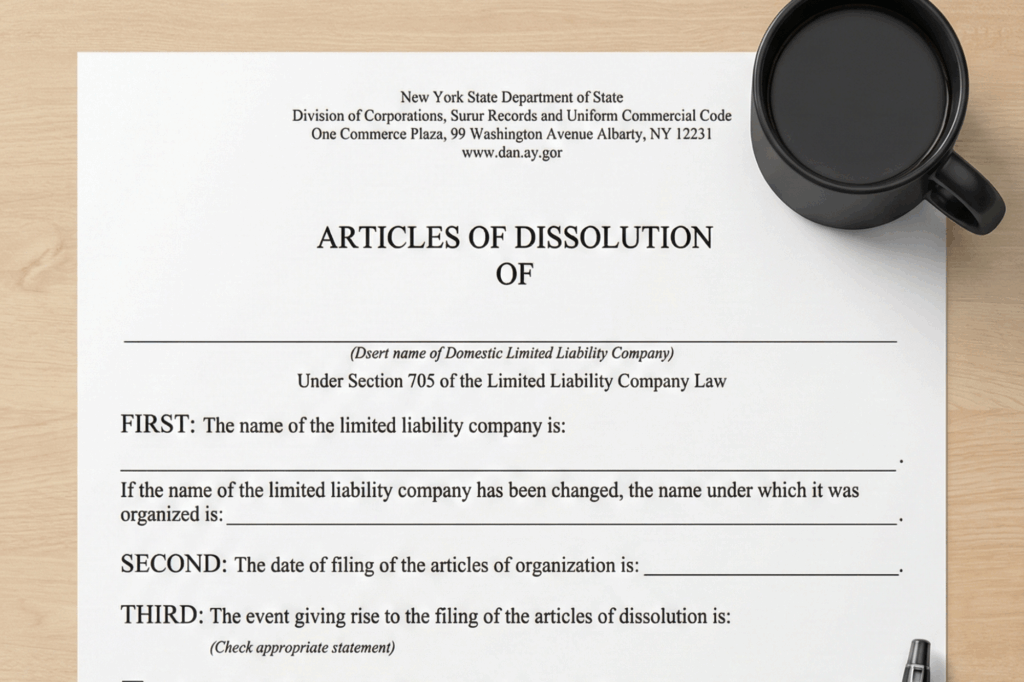In an increasingly interconnected business environment, understanding tax implications is vital. One of the critical concepts that global businesses must grasp is sales tax nexus. Incorrect management of such can lead to financial repercussions, damaged reputations, and potential legal consequences.
This guide will walk you through the essentials of nexus tax, varying types, and how businesses can ensure they comply. For those seeking a streamlined solution, we’ll introduce how Clemta can be your strategic partner in navigating these complex waters.
What is Nexus Tax?
The nexus tax, also known as “nexus fees” or “nexus surcharges,” is a type of tax that jurisdictions impose on businesses with a sales tax nexus within their territory. In simple terms, a company is said to have a sales tax nexus when it has significant activities or connections in a region, such as physical presence or economic interactions.
Examples of Nexus Tax Application:
- California: The state sales tax rate is 7.25%, with local variances between 0.1% and 2.5%.
- New York: The state tax stands at 4%, but locality can bring it up to 8.875%.
- Texas: A 6.25% state sales tax, with potential local additions ranging from 0.5% to 2%.
Understanding Types of Sales Tax Nexus
- Physical Nexus: This type of Nexus is established when a business has a physical presence in a particular state or region, such as an office or warehouse.
- Economic Nexus: Businesses exceeding a certain financial threshold in a region must pay sales tax, regardless of physical presence.
- Affiliate Nexus: When a business has a connection to another entity with a presence in the state, it falls under this category.
- Click-through Nexus: Established through relationships with third-party sellers or referral agents in a jurisdiction.
Establishing Sales Tax Nexus: Criteria & Impact
The establishment of a sales tax nexus varies but generally hinges on the following:
- Physical Presence: Such as having an office, retail space, or warehouse.
- Economic Activity: Adhering to state-specific thresholds for sales or revenue.
- Affiliate or Click-through Relationships: Depending on relationships with entities or individuals in the state.
Business Implications:
- Compliance Costs: Adhering to varied tax laws, mainly when operating across multiple jurisdictions, can be financially draining.
- Penalties: Non-compliance may lead to hefty fines.
- Reputation: Failing in tax obligations can tarnish a business’s reputation.
Navigating Sales Tax Nexus: Best Practices
- Identify Nexus Locations: Determine where you have a sales tax obligation.
- Obtain Necessary Permits: Register for sales tax permits in every jurisdiction you identify.
- Collect & Remit: Charge customers the appropriate sales tax and regularly file the necessary returns.
- Maintain Records: Keep detailed records of transactions, especially those concerning sales tax.
- Stay Updated: Regulations change; always be informed of the latest requirements.
How Clemta Can Help
Seeking a tech-forward approach to managing taxes and compliance? Clemta offers a comprehensive solution that automates the intricate maze of tax calculations, collections, and reporting – across the globe.
Benefits of Clemta:
- Automated Calculations: Clemta uses real-time data to compute sales tax instantly.
- Widespread Coverage: Catering to all 50 US states and numerous international jurisdictions.
- Ease of Management: Clemta offers the automatic generation of essential tax reports.
- Scalability: Clemta grows with your business, seamlessly adapting to new tax obligations.
Choosing Clemta means ensuring accurate tax collection and bypassing the complexity of sales tax rules, allowing you to focus on what you do best: running your business.
Navigating the complex world of taxes can be manageable. With the proper knowledge and partners, businesses can efficiently operate globally without legal or financial pitfalls. At Clemta, we’re dedicated to helping you achieve just that.
Note: Taxation is a complex field; always consult a tax professional when making decisions about your business’s tax obligations.







